Sign up for The Envelope
Get exclusive awards season news, in-depth interviews and columnist Glenn Whipp’s must-read analysis straight to your inbox.
You may occasionally receive promotional content from the Los Angeles Times.
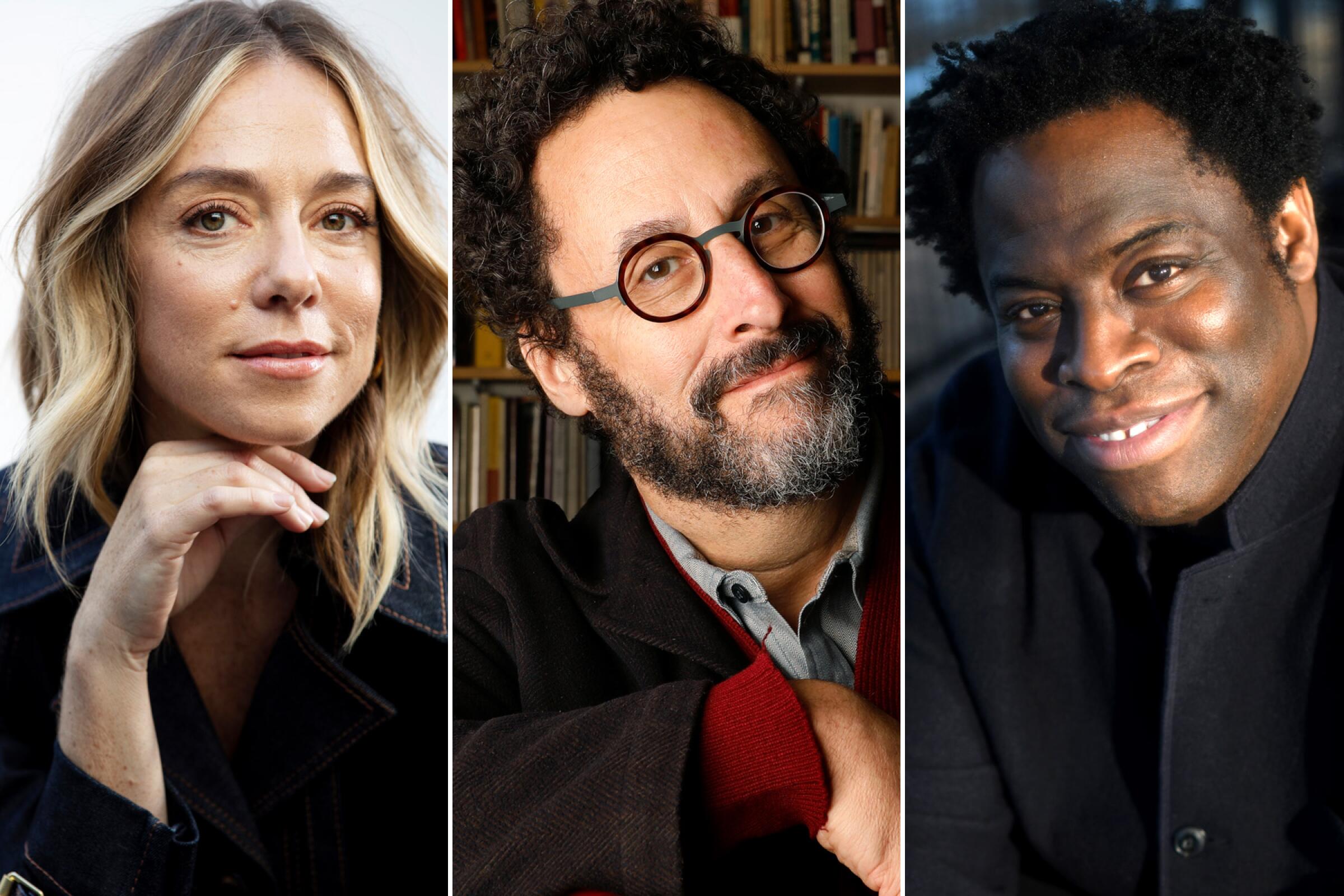
Betrayal, forgiveness, and memories long past. These are the seeds of stories — stories of personal experience, imagined pain and genres upturned. Stories that find their way to the big screen. But every path to that place, every bump along the way, every source of inspiration is different. Here are the personal essays from screenwriters who saw their scripts become films.
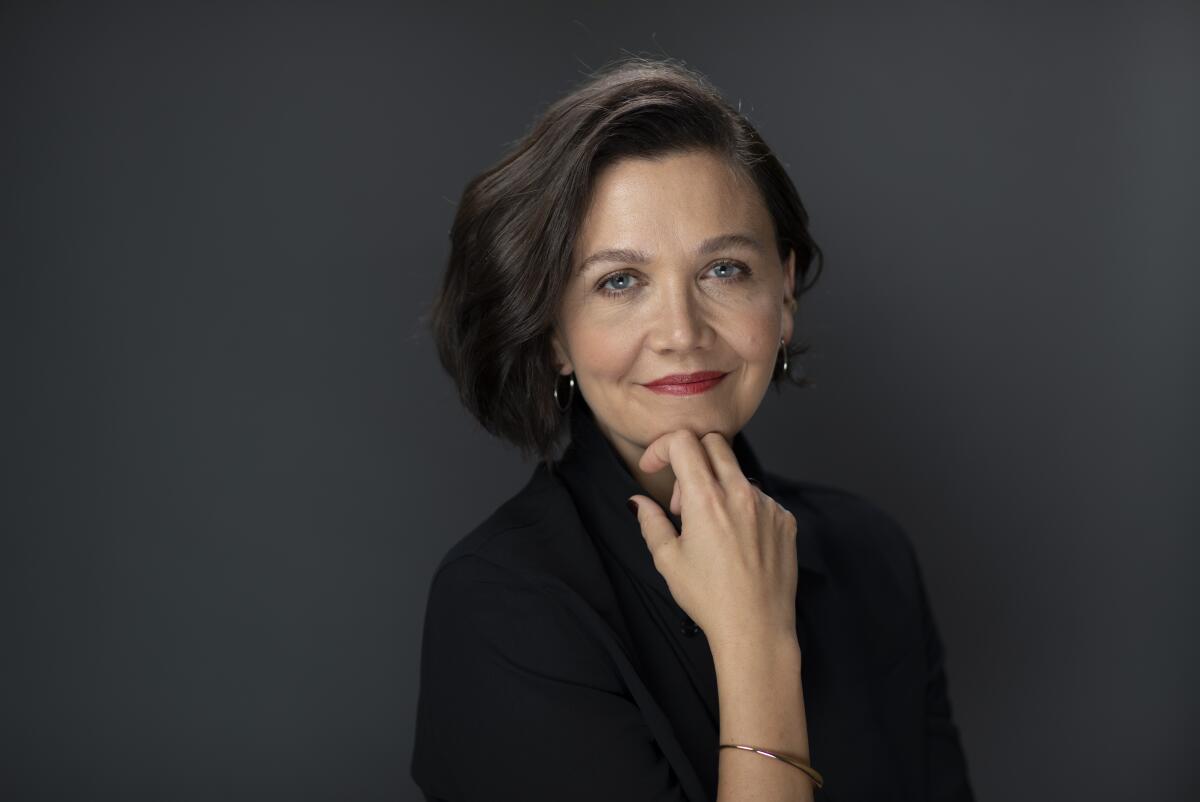
How to express my fear and disappointment? The doll was terrifying — a strange orange color that reminded me, just slightly, of Chucky. I could almost see the thumb marks used to mold her strange face. Her eyes were painted with a kind of black eyeliner, making her look like an adult trapped in the body of a baby. With a doll, even the slightest distortion in facial expression feels gruesome.
I spent a moment with myself to see if I could make it work. I didn’t want to upend everything — the money we had spent, the time and feelings of the people who had made it. But there was nothing to be done. It would have ruined the movie.
So I called my producers and Inbal Weinberg, my production designer. This won’t work. We have 24 hours. We need a new doll. What are we going to do? Read more >>
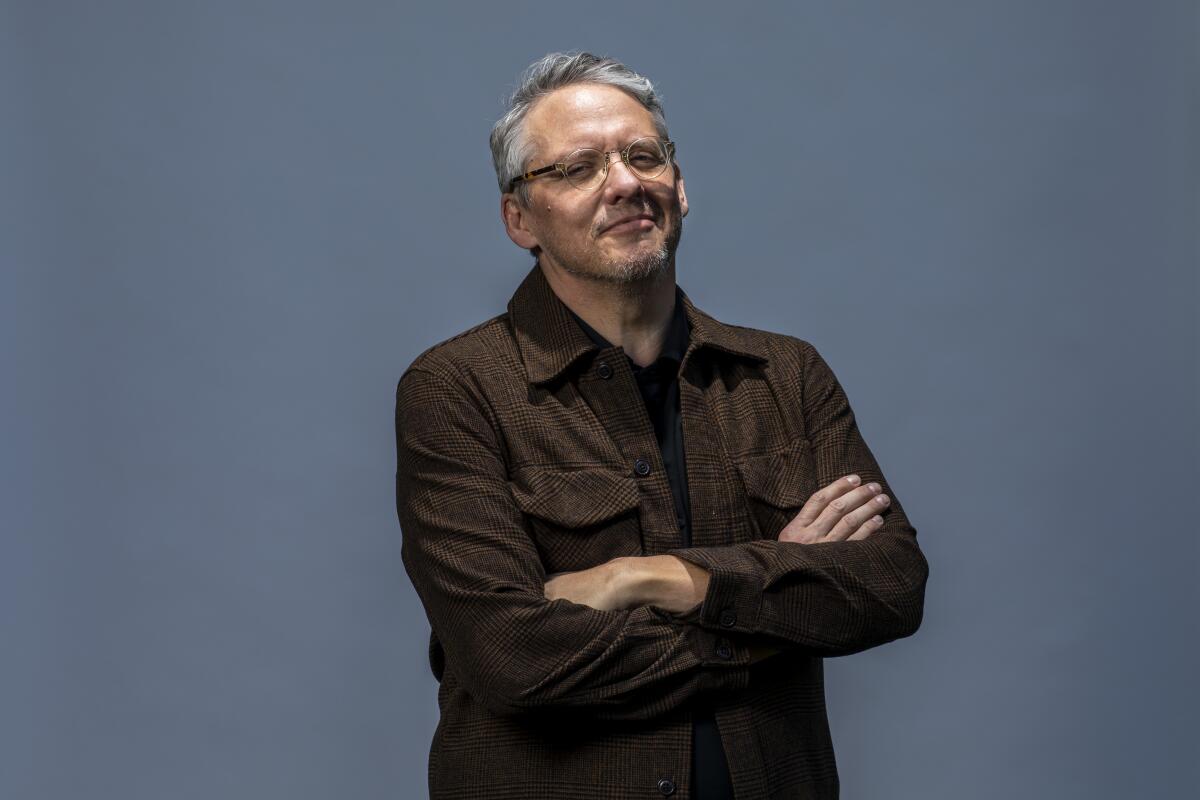
In 2019 I had just spent a year desperately trying to figure out how to tell the story of our real world’s bizarre and terrifying collective inaction on the climate crisis. It had me shook in a big way and after trying many different stories on for size I had no choice but to commit to the idea that seemed like it could best cut through the buzzy white noise of our culture.
Laughter, tragedy and big feelings. Those would be the pillars of this story. And of course an ending that breaks the traditional rules of genre in a fairly aggressive and naked way. Read more >>
At the start, Denis [Villeneuve] decided that the only way to tackle “Dune” was by spreading it across two films. That made the project possible. But even the first half of the novel is a heavy lift — encompassing dozens of characters and multiple worlds. The danger of getting bogged down in exposition was all too clear.
It was Frank Herbert who showed us the way.
He did something unique in creating the universe of “Dune.” By giving the mysterious Spacing Guild a monopoly on interstellar flight, he relegated space travel to the background: “Dune” plants its characters’ feet firmly on the ground. By inventing shields that negate projectile weapons and lasers, he created a future in which personal, hand-to-hand combat is the prevailing form of war. By establishing a commandment against thinking machines, he did away with robots and artificial intelligence. Read more >>
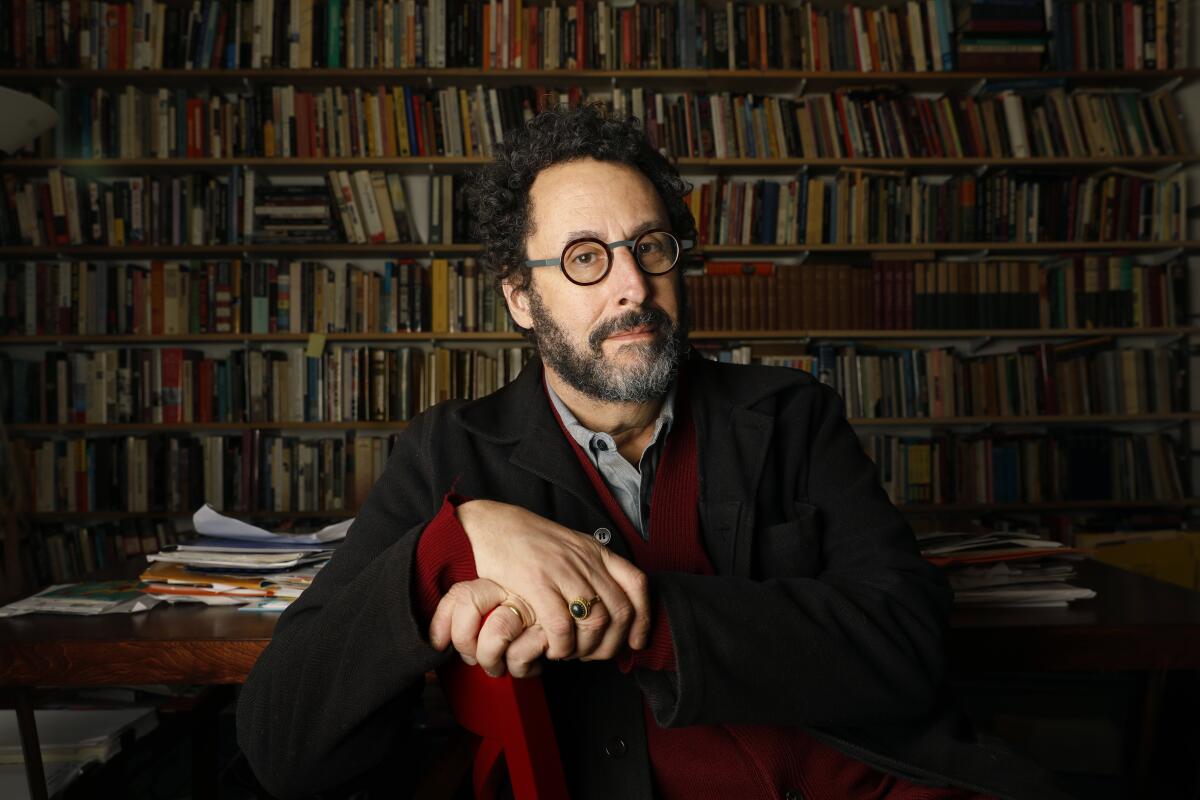
When Steven [Spielberg] asked me to write the screenplay for a new version of “West Side Story,” he invited me to a feast of formidable challenges. I love “West Side Story,” I always wanted to work with Stephen Sondheim, and I’ve come to realize that my writerly self-respect is tangled up in scaring myself. I had never written the book for a big screen musical, and a cherished classic at that. So how could I say no?
When I called Sondheim, he reminded me that I’d always insisted I didn’t want to write a book for a musical. Maybe, he suggested, I finally got what he had tried several times to explain to me: Musicals, like films, are intensely collaborative, and a book writer provides the structure that makes it possible for the various artists — writer, composer, lyricist, choreographer and director — to work with a single purpose in telling a story. Read more >>
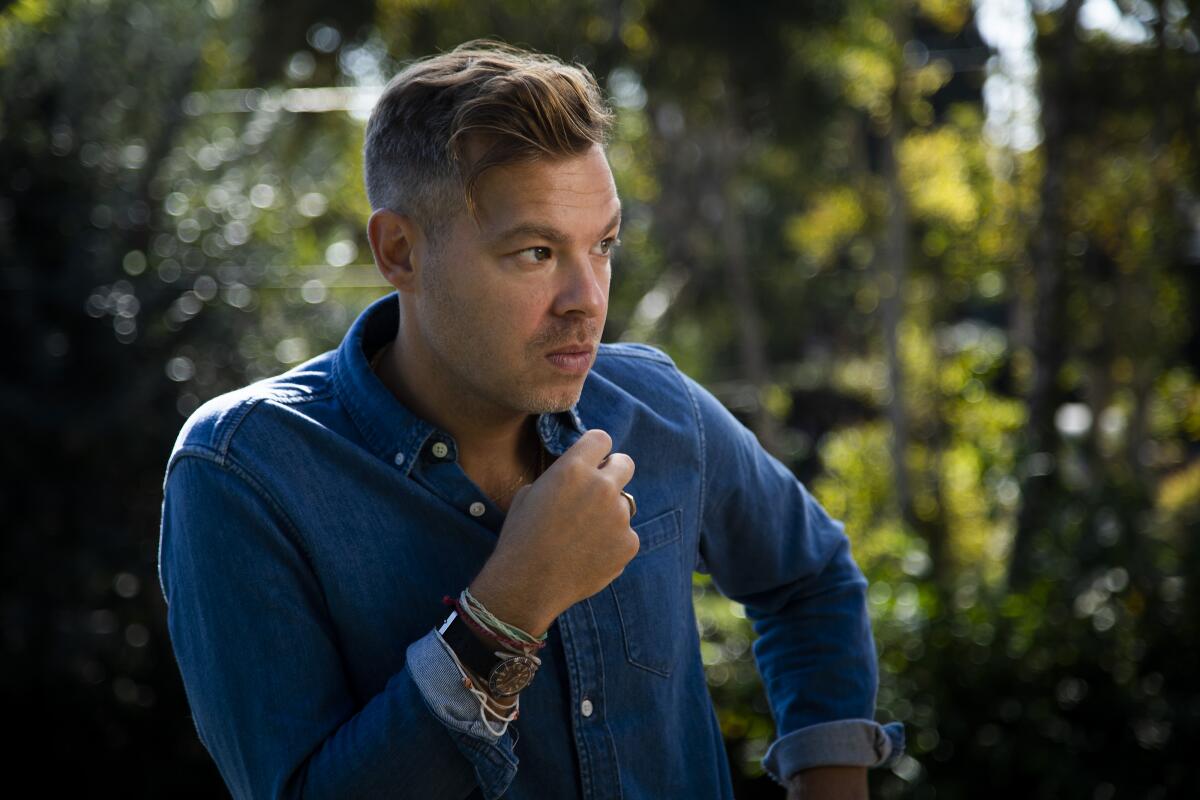
Miraculously, we’d also heard Will Smith was interested in playing Richard, but we still hadn’t gotten the one crucial thing that Will, the producers and I all knew we needed. The blessing from the family.
It took months of begging and pleading, but finally in 2018 I returned to the U.S. Open, this time with Tim [White] to have lunch with Isha Price, Venus and Serena’s sister and manager. During our lunch, Tim and I pitched our guts out while Isha listened politely, holding onto her cards. She was familiar with the script and understandably wary of letting outsiders tell their story, but she left the restaurant that day saying she would take another look. I was sure we were dead. But Isha read the script I had written about her family, conferred with her sisters, and called us to say we could meet again the next day. I’ll never thank her enough. Read more >>
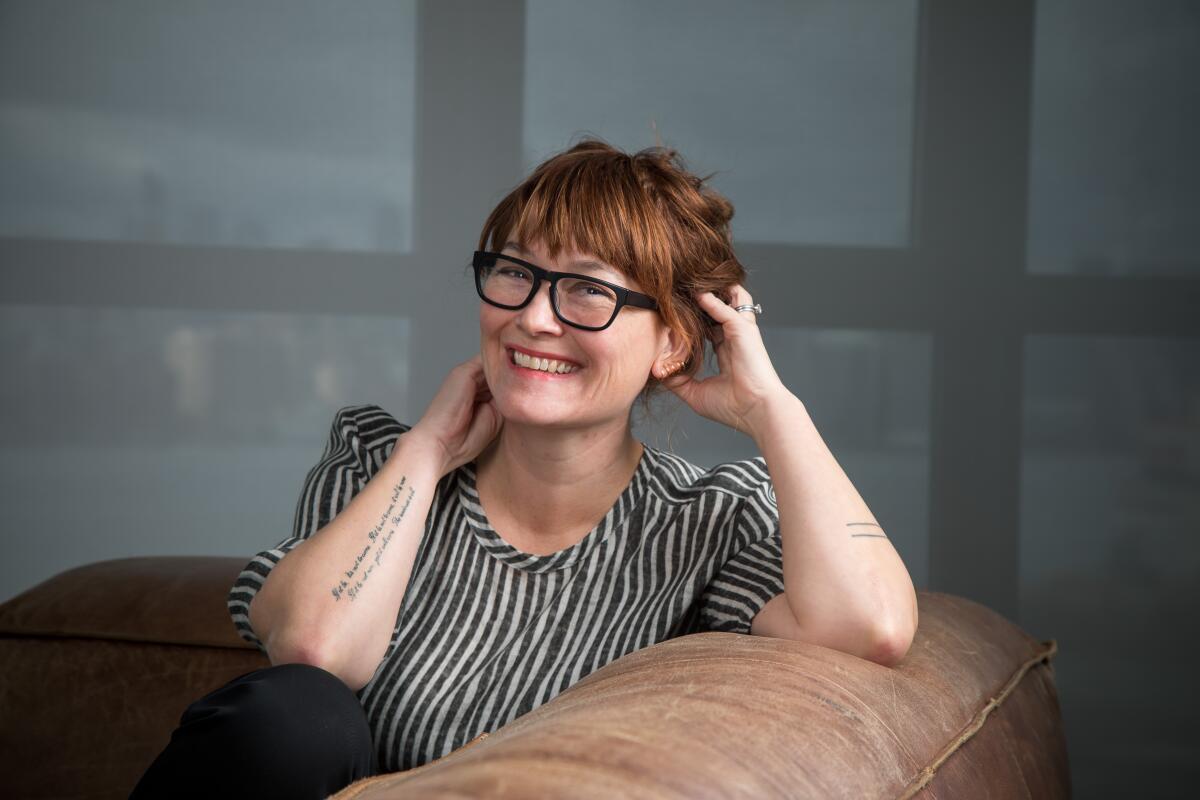
Because Bryce was coming over to our house and I’d been talking about my new rock star friend Matt too much, my husband (Peter Dinklage) asked if he could read the role of Cyrano. I have to confess I was very reluctant to say yes. When your life partner goes through megawatt success and celebrity, everything has a way of becoming about them and I was holding on to my separate identity with my work. But Peter is enormously, deeply, hugely talented and I love him, so I said yes. And when he read it, I knew that Peter was exactly right for my raw, nose-mask-free Cyrano. Read more >>
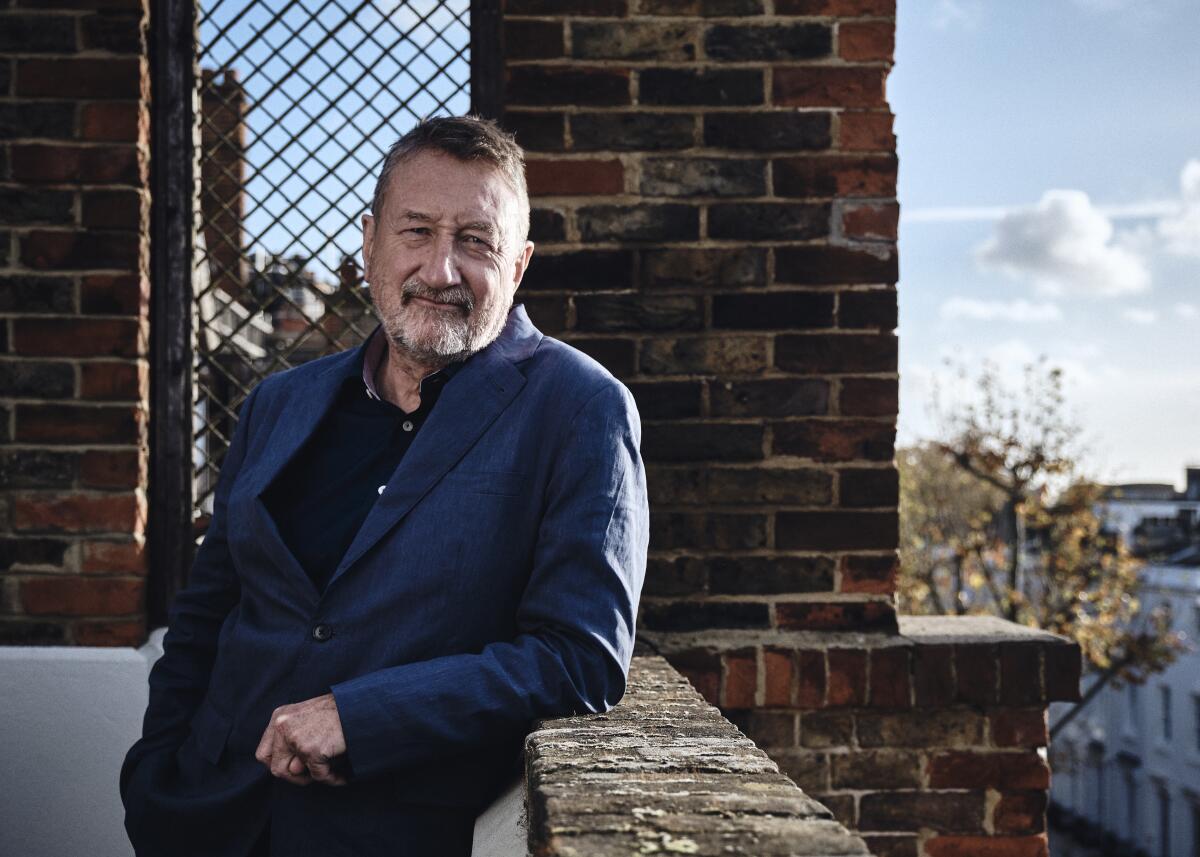
All the things one shouldn’t do were pretty obvious to myself and to Pablo [Larraín]. You can’t tell a life story by telling the story of a life because a life gives you too much to do and also insists on the way you do it. We knew we didn’t want to approach our story as a traditional biopic.
Pablo has described his vision as “an upside-down fairy tale,” which became our blueprint. I like it when the thing you are doing is restricted in terms of time and space. People seem to think it makes your work more difficult but the secret is that it makes your life as a writer easier. There are so many things you can’t do, so many places you can’t go, so you concentrate on what is in front of you. Read more >>
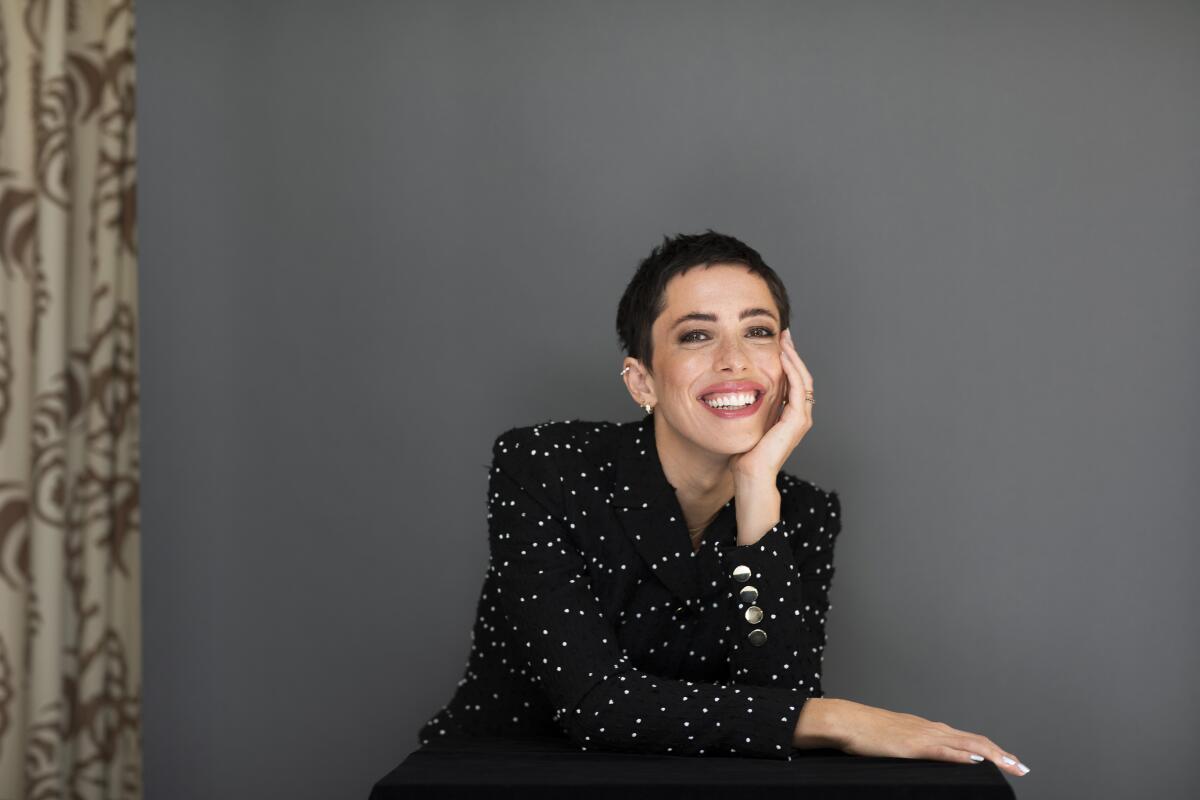
The trick to any adaptation, I think, isn’t literal faithfulness to the original text but to the spirit it embodies. After all the years I spent in dialogue with this small yet mighty novel, I sometimes get confused as to what words were my invention and what were lifted straight from the book. Going back to the text, I’m often surprised to find that something I thought was Nella’s is mine, and vice versa.
But the spirit of ambiguity and simplicity that shines through in the book were my guiding lights, and time was my enabler. With every year, I was able to chisel at the screenplay, remove the fat and allow for only what was absolutely necessary. Read more >>
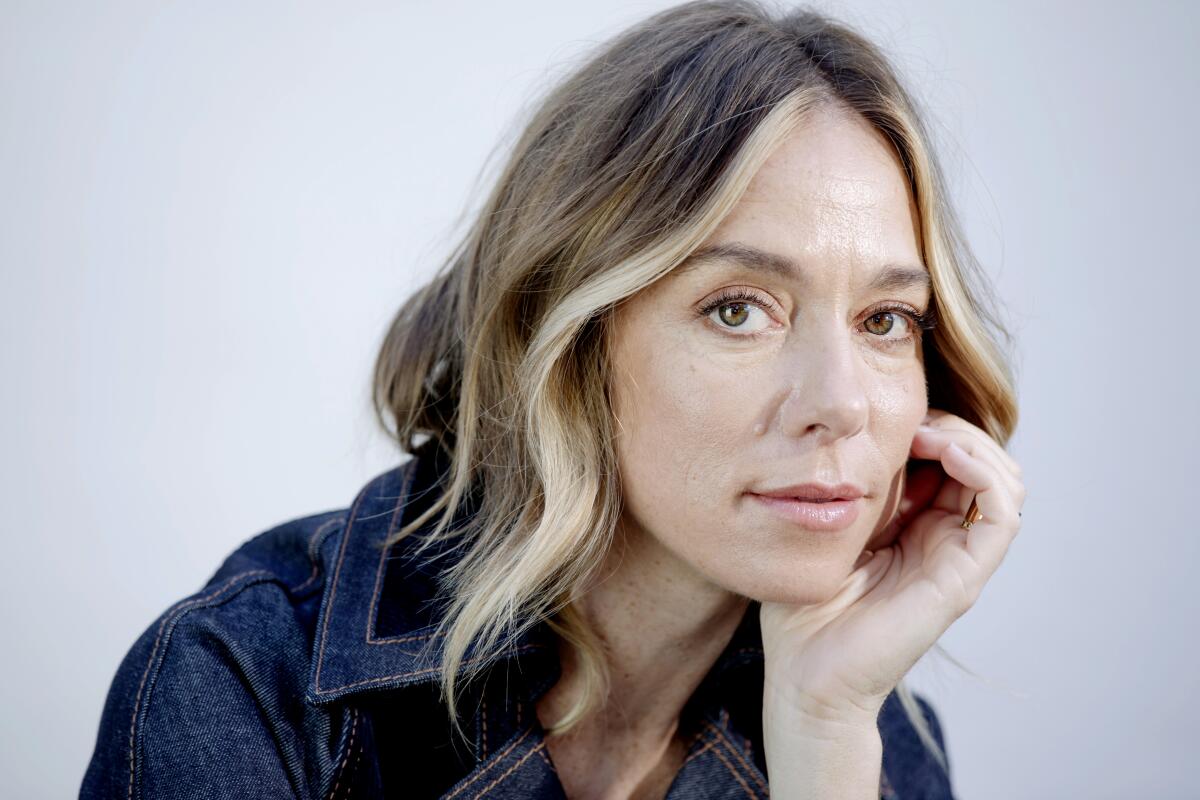
How do you write for a language that has no written form? I didn’t. Not at first.
When I started studying ASL, it struck me how different it is from spoken English. It wasn’t just the grammar and syntax, but also that the methods used in ASL to convey concepts are purely physical. Along with the signs, your expressions, energy and the space around you are all used to communicate meaning. A question is asked by furrowing your eyebrows. The past is literally behind you and the future in front, and instead of using tenses to indicate when something happened, you place it along this invisible spacial timeline. I was a beginner to these concepts, an outsider to the culture, and even if I could have written in a way that would capture the language, I wouldn’t have done it justice. Read more >>
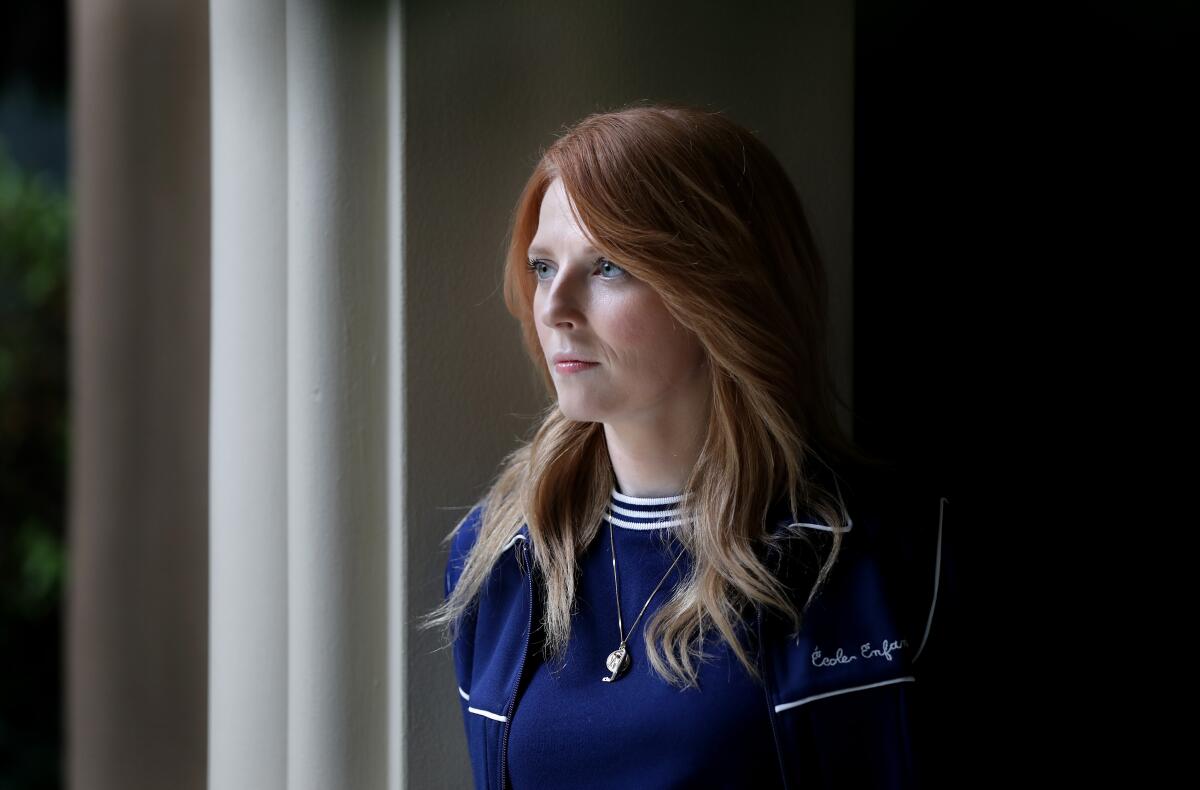
All writers are cannibals — I mean this mostly in the metaphorical sense. I have always felt like we feast on people, on their stories, their lives, their witty lines, their deep dark secrets. And few places do you hear more deep dark secrets than at 11 p.m. behind a bar in London’s Soho.
This was where I spent most of my 20s, behind the bar at the Toucan, where I was gorging on all the anecdotes and experiences that the punters would offer up to me. One had dated the drummer from the Rolling Stones, and she had been left by him, heartbroken in Paris without a passport at 16. One was a dominatrix who would, in graphic detail, tell me about her clients and what she thought the lonely truly yearned for. One had been in the IRA and helped to “build car parks” — slang for blowing up buildings. There were thousands, and I was their confidant, mainlining those lives they had lived. Read more >>
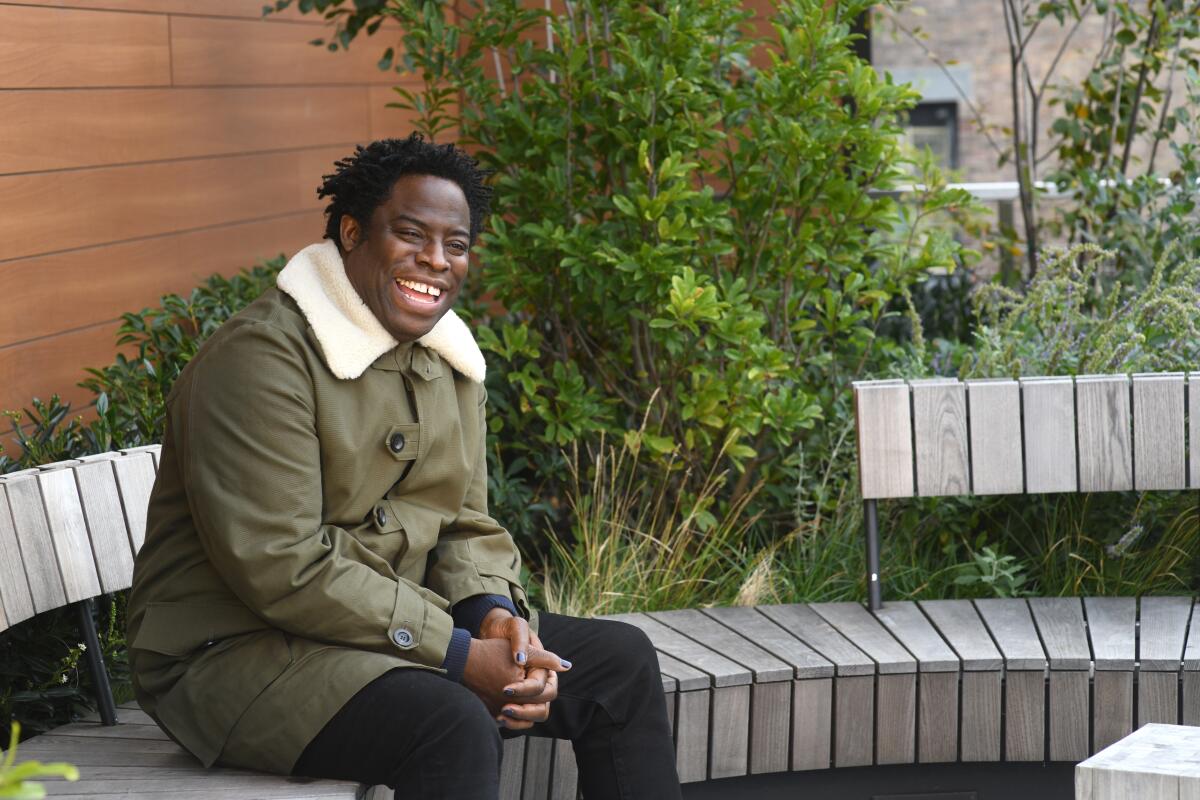
On the surface, “The Harder They Fall” is a revenge story, a man hunting down the killer of his parents. Beneath that, however, it’s much deeper. It’s a love story about two men caught in a never-ending cycle of violence because of their loss. It’s a story where both the hunter and hunted are essentially the same person, only to have a final confrontation with tears.
I needed to tell this story because it speaks to the cycle of violence I witnessed in my community growing up and is still so prevalent today. Without being preachy or trying to provide an answer, I merely wanted to shed a light on what goes on and ask the question, “Why?” Read more >>
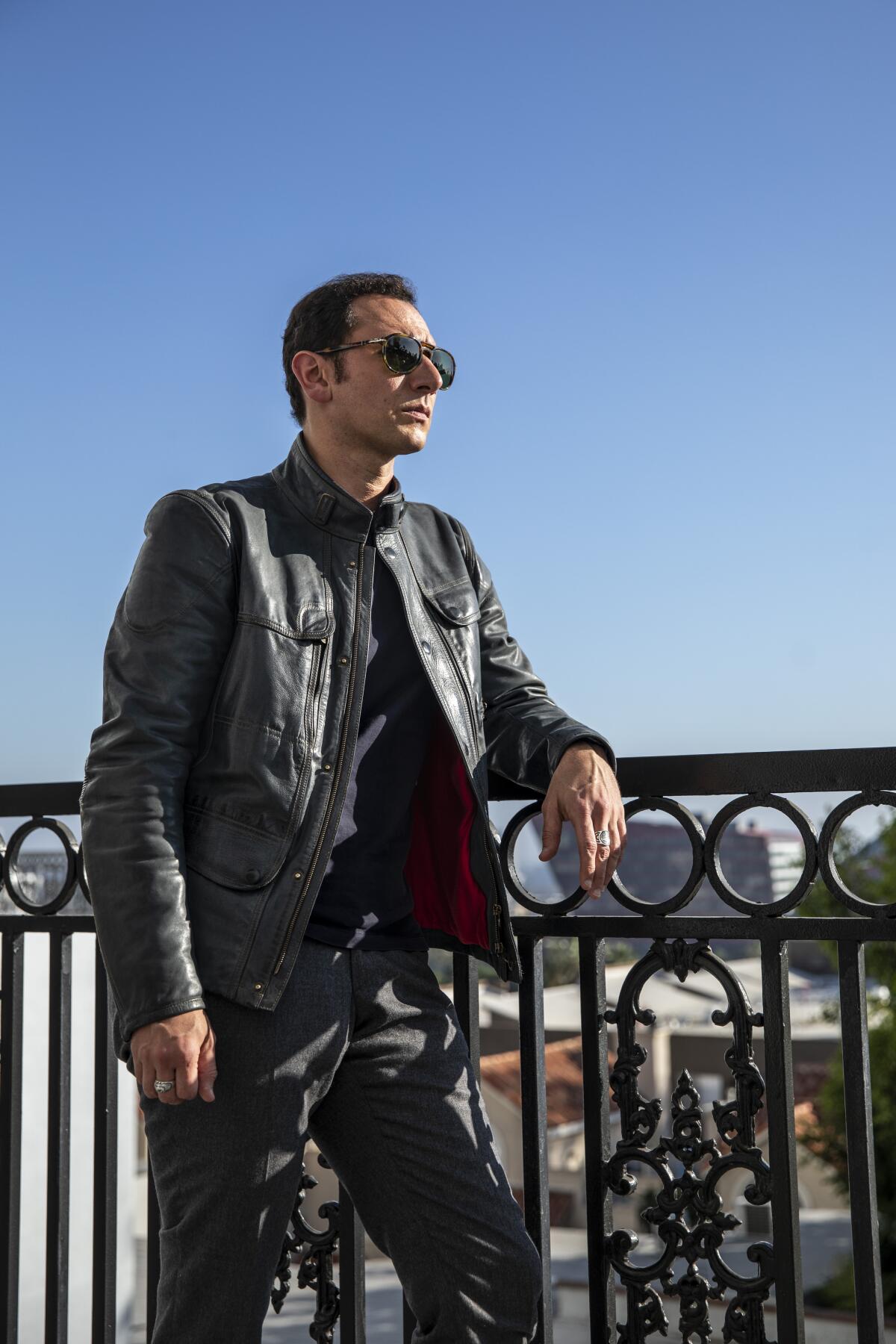
I remember watching an Italian news report when I was 12 and seeing Patrizia Reggiani in church, dressed in black, mourning the death of the man she had killed just a few days earlier. I grew up in Milan, Italy. My mother is a fashion designer. As a child, I would feed ducks with my father just three doors down from where Maurizio Gucci was murdered.
So when Ridley and Giannina Scott called me to discuss writing “The House of Gucci,” which they had tried to bring to the screen for almost two decades, I saw it as more than just a writing gig: I saw it as the opportunity of a lifetime. A perfect blend of my interests as a storyteller and a world I knew intimately. Read more >>
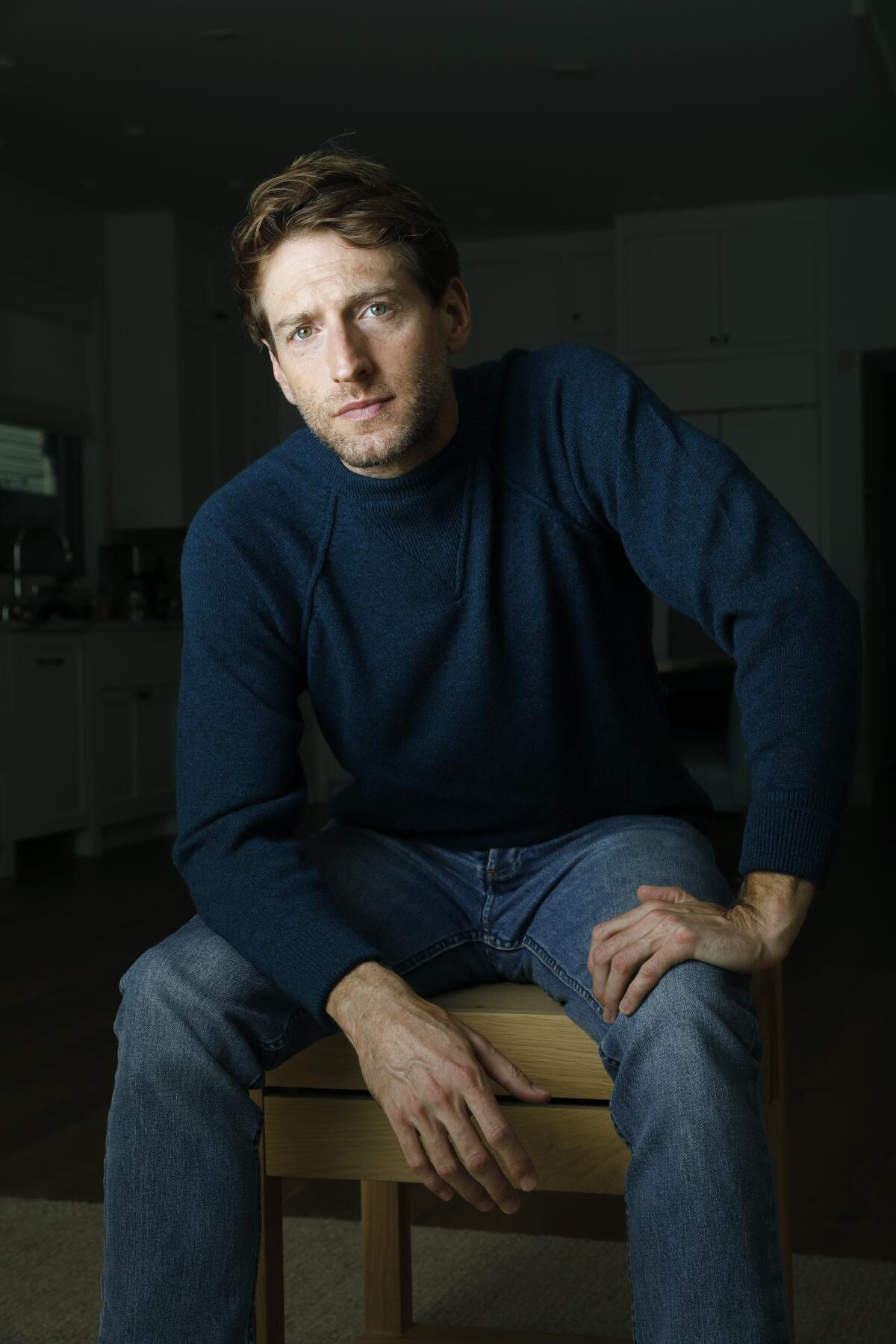
I wrote my four characters as equals. They were not good or bad, protagonists or antagonists. I never found that in my research. I found complex humanity. I found the mess of parental love. In my own life, I knew I was condemned to make mistakes every day before my daughter was even 2. I knew the odds were against you as a parent, so I wrote each of them with as much compassion and dignity as I could imagine.
The movie itself happened quickly. I created a company online, put money into a bank account, claimed I was partly financed, hired great casting directors so I wasn’t cold-calling agents myself, put together a brilliant crew that taught me all I didn’t know, found a location and settled on a date. Read more >>
——————————————
Screenwriters from 2020-2021: Darius Marder | ‘Sound of Metal’; Sacha Baron Cohen, Dan Swimer, Peter Baynham, Anthony Hines | ‘Borat Subsequent Moviefilm’; Tara Miele | ‘Wander Darkly’; John Lee Hancock | ‘The Little Things’; Kata Wéber | ‘Pieces of a Woman’; Lee Isaac Chung | ‘Minari’; Andy Siara | ‘Palm Springs’; Eliza Hittman | ‘Never Rarely Sometimes Always’; Will Berson | ‘Judas and the Black Messiah’; Julia Hart and Jordan Horowitz | ‘I’m Your Woman’
Screenwriters from 2019-2020: Gregory Allen Howard | ‘Harriet’; Rian Johnson | ‘Knives Out’; Scott Alexander and Larry Karaszewski | ‘Dolimite Is My Name’; Mario Correa | ‘Dark Waters’; Julian Fellowes | ‘Downton Abbey’; Anthony McCarten | ‘The Two Popes’; Micah Fitzerman-Blue and Noah Harpster | ‘Beautiful Day in the Neighborhood’; Steven Zaillian | ‘The Irishman’; Lorene Scafaria | ‘Hustlers’; Charles Randolph | ‘Bombshell’; Michael Schwartz and Tyler Nilson | ‘Peanut Butter Falcon’; Lena Waithe | ‘Queen & Slim’
Screenwriters from 2018-2019: Diablo Cody | ‘Tully’; Joe Robert Cole | ‘Black Panther’; Paul Dano and Zoe Kazan | ‘Wildlife’; Josh Singer | ‘First Singer’; Felix van Groeningen and Luke Davies | ‘Beautiful Boy’; Peter Hedges | ‘Ben Is Back’; Gillian Flynn | ‘Widows’; Bo Burnham | ‘Eight Grade’; Debra Granik | ‘Leave No Trace’; Kevin Willmott | ‘BlacKkKlansman’; Nick Vallelonga and Brian Hayes Currie | ‘Green Book’; Elizabeth Chomko | ‘What They Had’; Paul Schrader | ‘First Reformed’; Chloe Zhao | ‘The Rider’; and Jeff Whitty | ‘Can You Ever Forgive Me?’
Sign up for The Envelope
Get exclusive awards season news, in-depth interviews and columnist Glenn Whipp’s must-read analysis straight to your inbox.
You may occasionally receive promotional content from the Los Angeles Times.